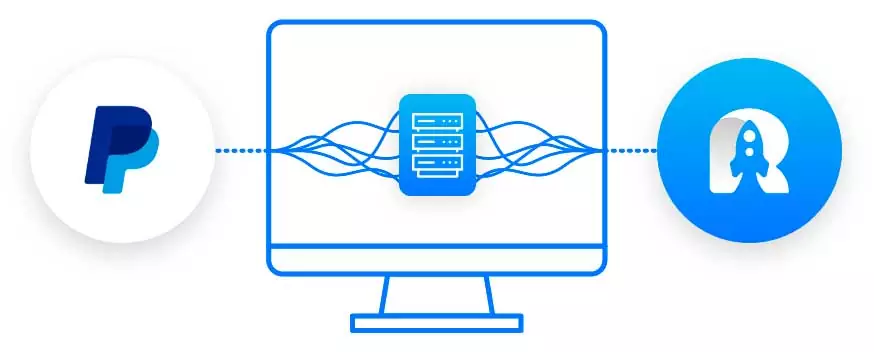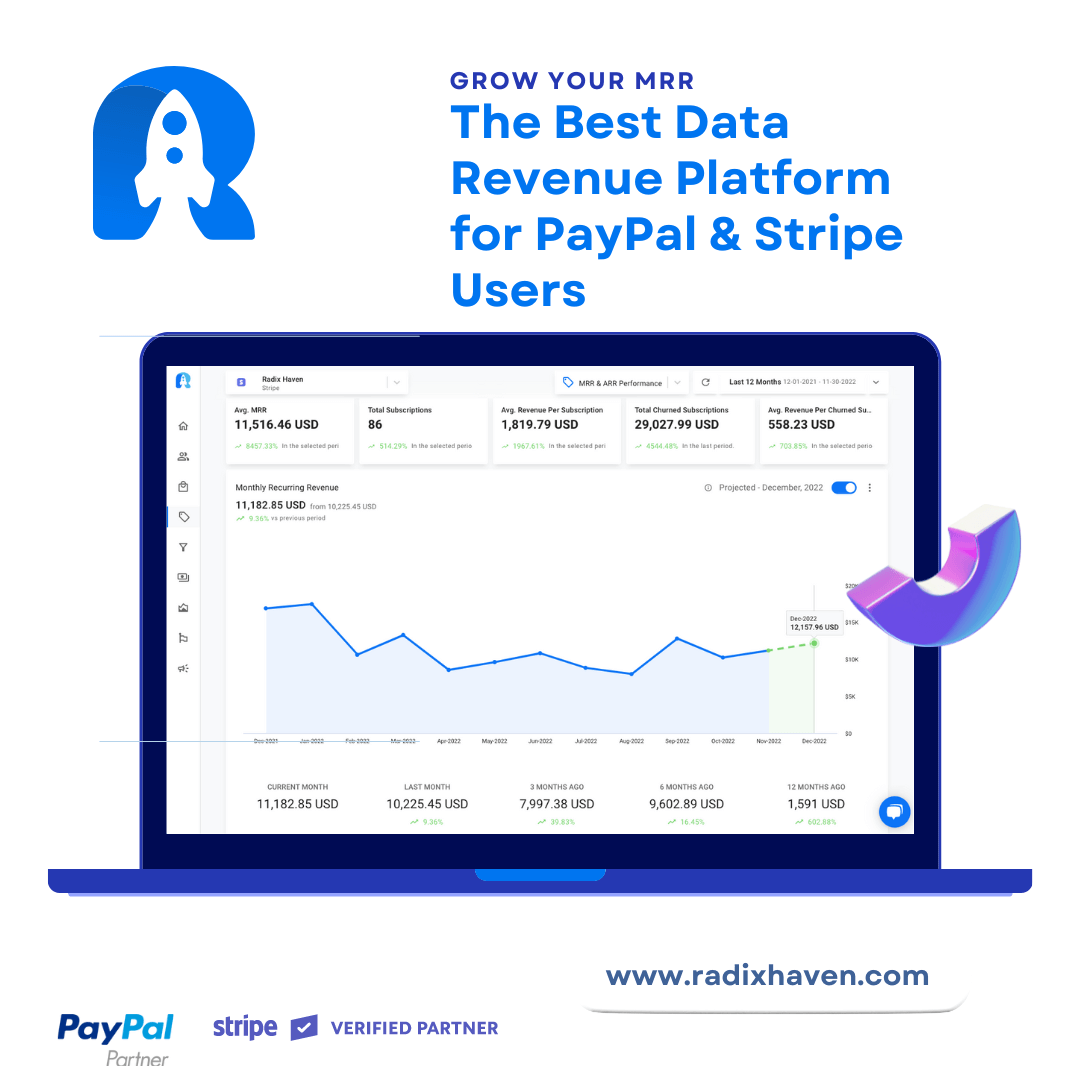API-Based SaaS (Software as a Service) has revolutionized the way businesses operate in the digital era. This innovative approach allows companies to leverage the power of application programming interfaces (APIs) to deliver their software solutions to customers over the internet. In this article, we will delve into the definition, benefits, and challenges of API-Based SaaS, highlighting its importance in today’s rapidly evolving tech landscape.
Definition of API-Based SaaS:
API-Based SaaS refers to a software delivery model where a SaaS application’s core functionalities and features are exposed and made accessible to customers through APIs. These APIs enable seamless integration with other systems, applications, or services, facilitating efficient data exchange and interoperability. By adopting an API-Based SaaS approach, businesses can provide their customers with greater flexibility and customization options, enhancing overall user experience.
Benefits of API-Based SaaS:
- Enhanced Integration Capabilities: APIs act as connectors, allowing different software applications to communicate and exchange data seamlessly. API-Based SaaS empowers businesses to integrate their software with a variety of third-party tools, expanding functionality and offering a more comprehensive solution to end-users.
- Scalability and Flexibility: APIs enable businesses to scale their SaaS offerings by adding or removing features based on customer requirements. With an API-Based SaaS architecture, companies can adapt their software to changing market demands, ensuring agility and flexibility in an evolving business landscape.
- Streamlined Development Process: By utilizing APIs, developers can save significant time and effort in building functionalities from scratch. API-Based SaaS leverages pre-built APIs, allowing developers to focus on core competencies and accelerate the software development process. This results in faster time-to-market and improved resource allocation.
- Customization and Personalization: API-Based SaaS empowers users to tailor the software to their specific needs. By exposing APIs, businesses provide customers with the ability to integrate and extend the software’s capabilities, enhancing user satisfaction and engagement.
- Ecosystem Expansion: APIs enable businesses to create an ecosystem around their SaaS products. By exposing APIs to external developers, companies can foster innovation, encourage the development of complementary applications, and create new revenue streams.
Challenges of API-Based SaaS:
- Security and Data Privacy: Exposing APIs can introduce potential security risks if not properly managed. Businesses must implement robust security measures, such as authentication and encryption, to protect sensitive data and prevent unauthorized access.
- API Versioning and Compatibility: As APIs evolve and new versions are released, maintaining backward compatibility can be challenging. Businesses need to carefully manage API versioning to ensure seamless integration with existing systems and prevent disruptions for customers.
- Documentation and Support: Clear and comprehensive API documentation is crucial for developers who want to integrate with API-Based SaaS applications. Businesses must invest in providing detailed documentation and responsive support to assist developers in the integration process.
- Dependency on Third-Party APIs: API-Based SaaS relies on third-party APIs for seamless integration with external services. If these APIs undergo changes or experience downtime, it can impact the functionality and performance of the SaaS application, requiring prompt resolution to maintain user satisfaction.
Conclusion
API-Based SaaS offers a myriad of benefits, including enhanced integration capabilities, scalability, streamlined development processes, and increased customization options. However, businesses must also address challenges related to security, API versioning, documentation, and third-party API dependency. To track key revenue metrics efficiently and boost overall KPIs, consider leveraging the power of Radix, which provides seamless integration with PayPal’s API. By utilizing Radix, businesses can gain valuable insights, optimize revenue streams, and ensure sustained growth in the API-Based SaaS landscape.
In conclusion, API-Based SaaS is a game-changer in the software industry, offering unparalleled flexibility, integration capabilities, and scalability. Despite the challenges associated with security, API versioning, and third-party dependencies, the benefits outweigh the drawbacks.
To maximize the potential of API-Based SaaS, businesses can turn to Radix, a powerful tool that harnesses the API of PayPal.
To maximize the potential of API-Based SaaS, businesses can turn to Radix, a powerful tool that harnesses the API of PayPal. Radix offers a comprehensive solution for tracking key revenue metrics, enabling businesses to optimize their KPIs and drive overall growth. With Radix’s seamless integration, businesses can gain real-time insights into revenue streams, identify areas of improvement, and make data-driven decisions to enhance profitability.
By leveraging Radix with the API of PayPal, businesses can streamline financial transactions, monitor payment data, and analyze customer behavior, all within a unified platform. This integration empowers businesses to optimize pricing strategies, identify potential revenue leaks, and make informed decisions to boost overall performance.
Moreover, Radix provides customizable dashboards and reports, allowing businesses to monitor and track key revenue metrics effortlessly. With a clear understanding of revenue trends, customer preferences, and payment patterns, businesses can fine-tune their strategies, identify growth opportunities, and drive customer satisfaction.
In addition to revenue optimization, Radix offers advanced analytics capabilities, empowering businesses to gain deeper insights into their financial performance. With comprehensive reports and visualizations, businesses can analyze revenue data, identify bottlenecks, and implement targeted strategies to improve efficiency and profitability.

Furthermore, Radix’s user-friendly interface and intuitive features make it accessible to both technical and non-technical users. The platform provides a seamless user experience, ensuring that businesses can leverage the power of PayPal’s API without extensive coding knowledge or technical expertise.
In conclusion, API-Based SaaS is transforming the software industry, enabling businesses to deliver flexible, integrated, and scalable solutions to their customers. While challenges exist, the benefits of API-Based SaaS outweigh them, offering enhanced customization, integration capabilities, and streamlined development processes.
To harness the full potential of API-Based SaaS and boost key revenue metrics, businesses are encouraged to utilize Radix. With Radix’s integration with PayPal’s API, businesses can track revenue metrics effectively, optimize KPIs, and make data-driven decisions to drive overall growth and success.
Embrace the power of API-Based SaaS and leverage Radix to unlock new possibilities in revenue optimization. Stay ahead of the competition, make informed decisions, and propel your business to new heights of success.






